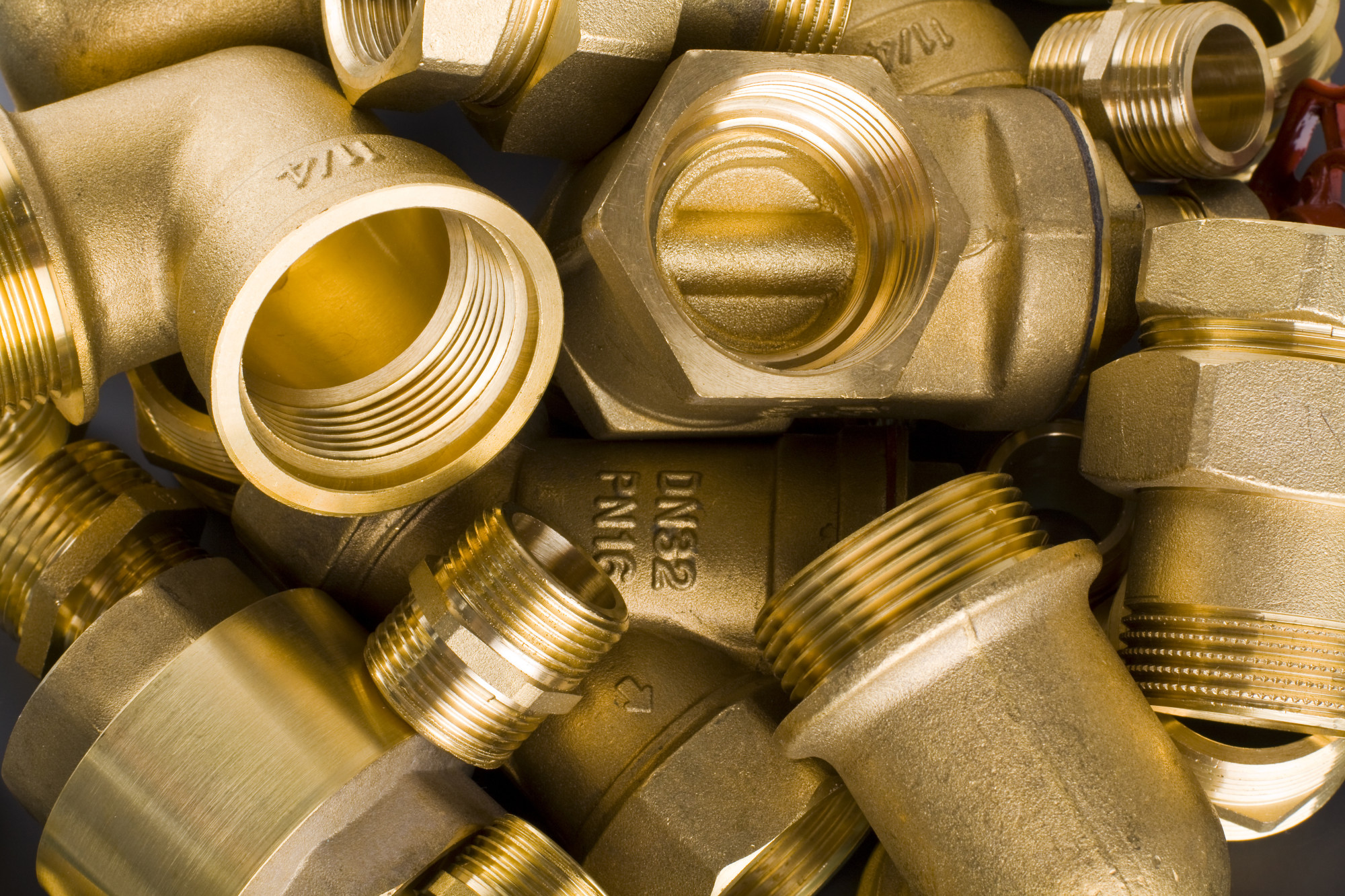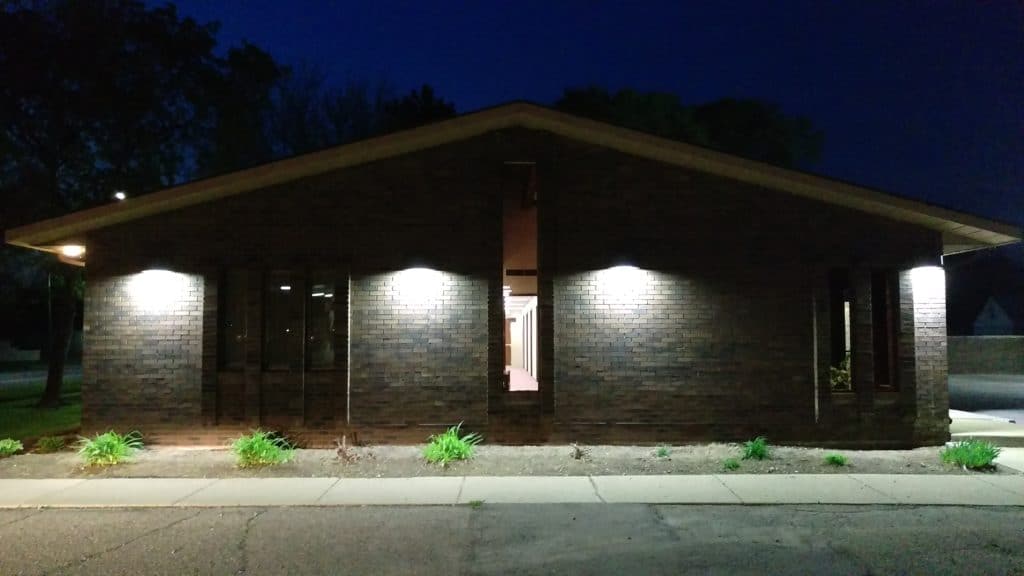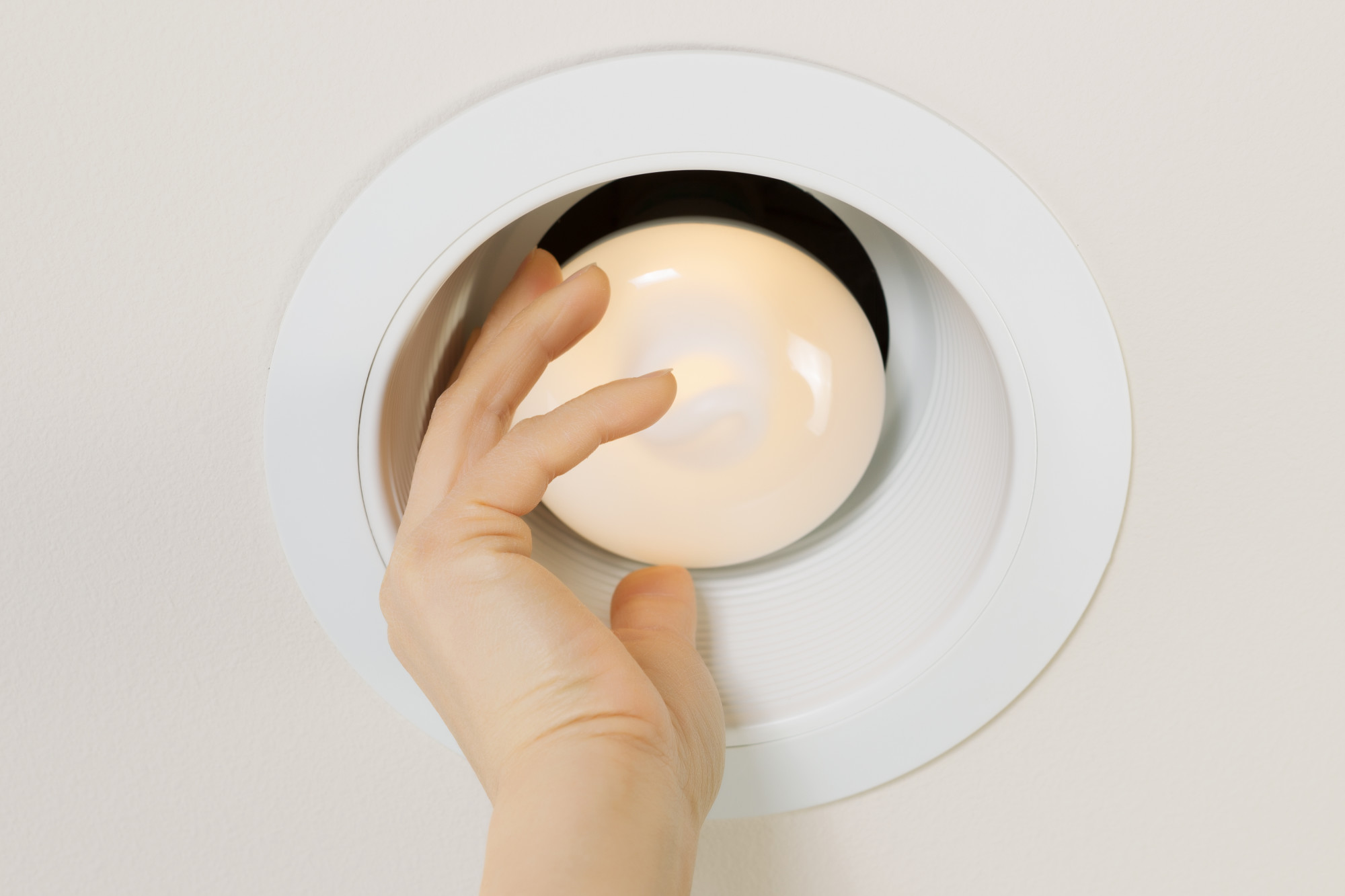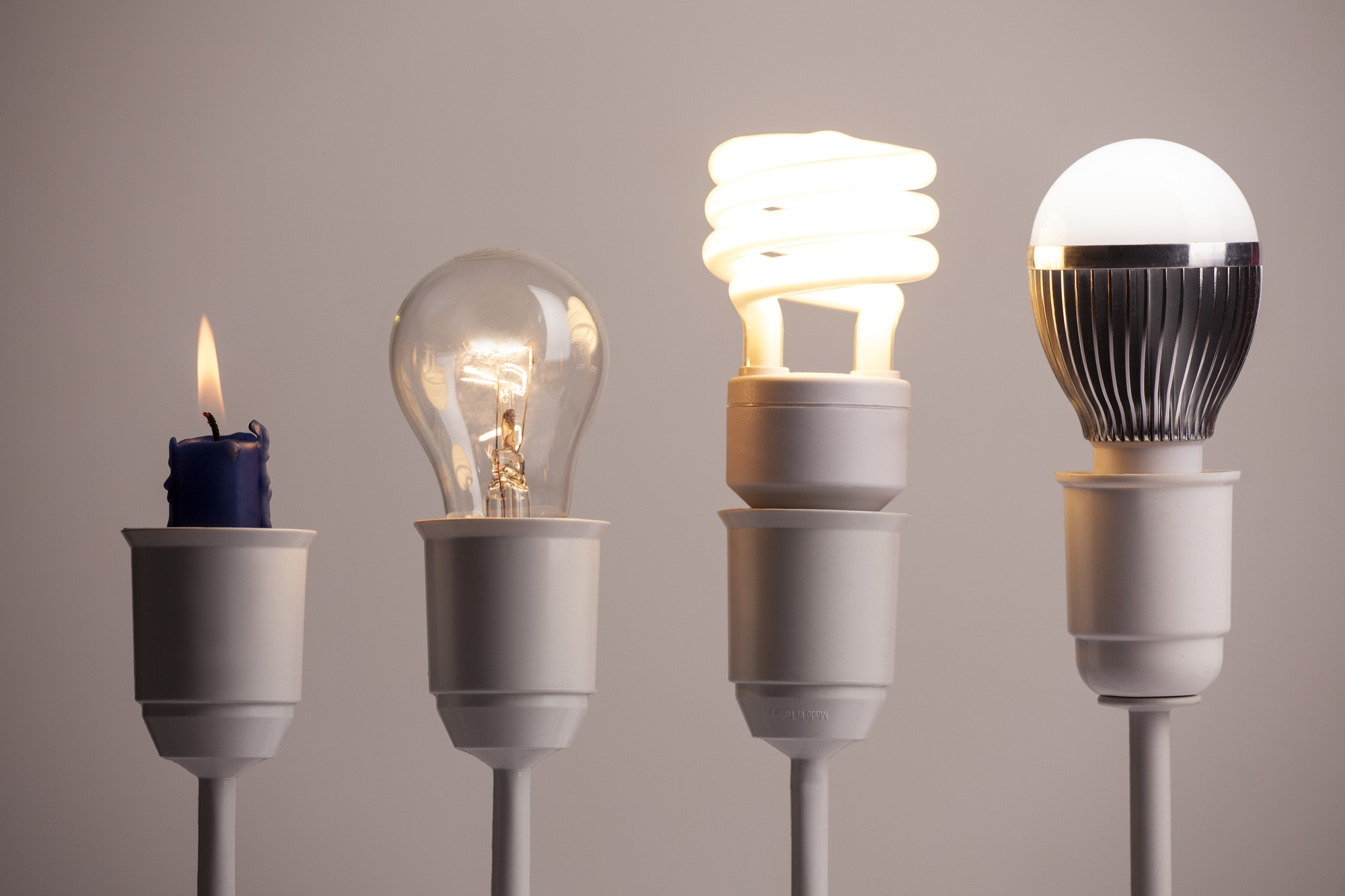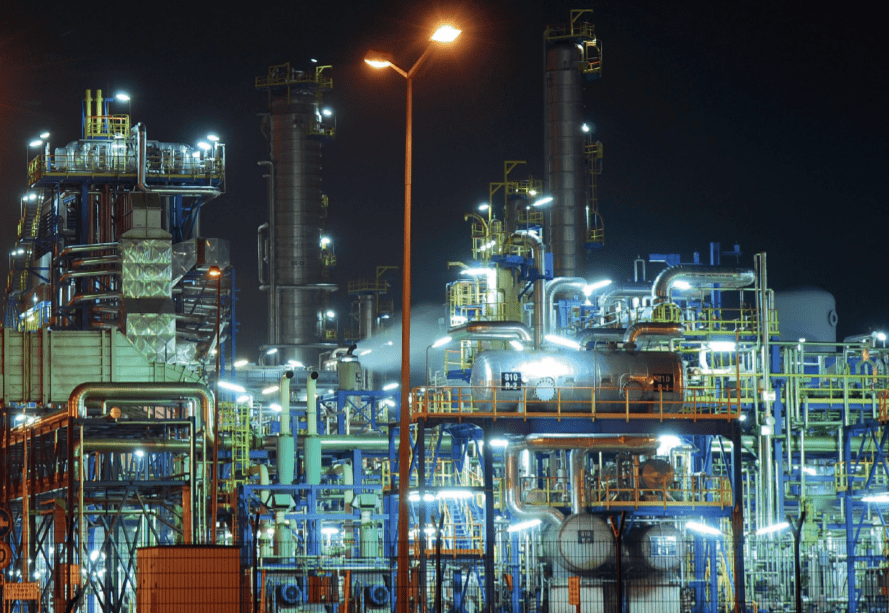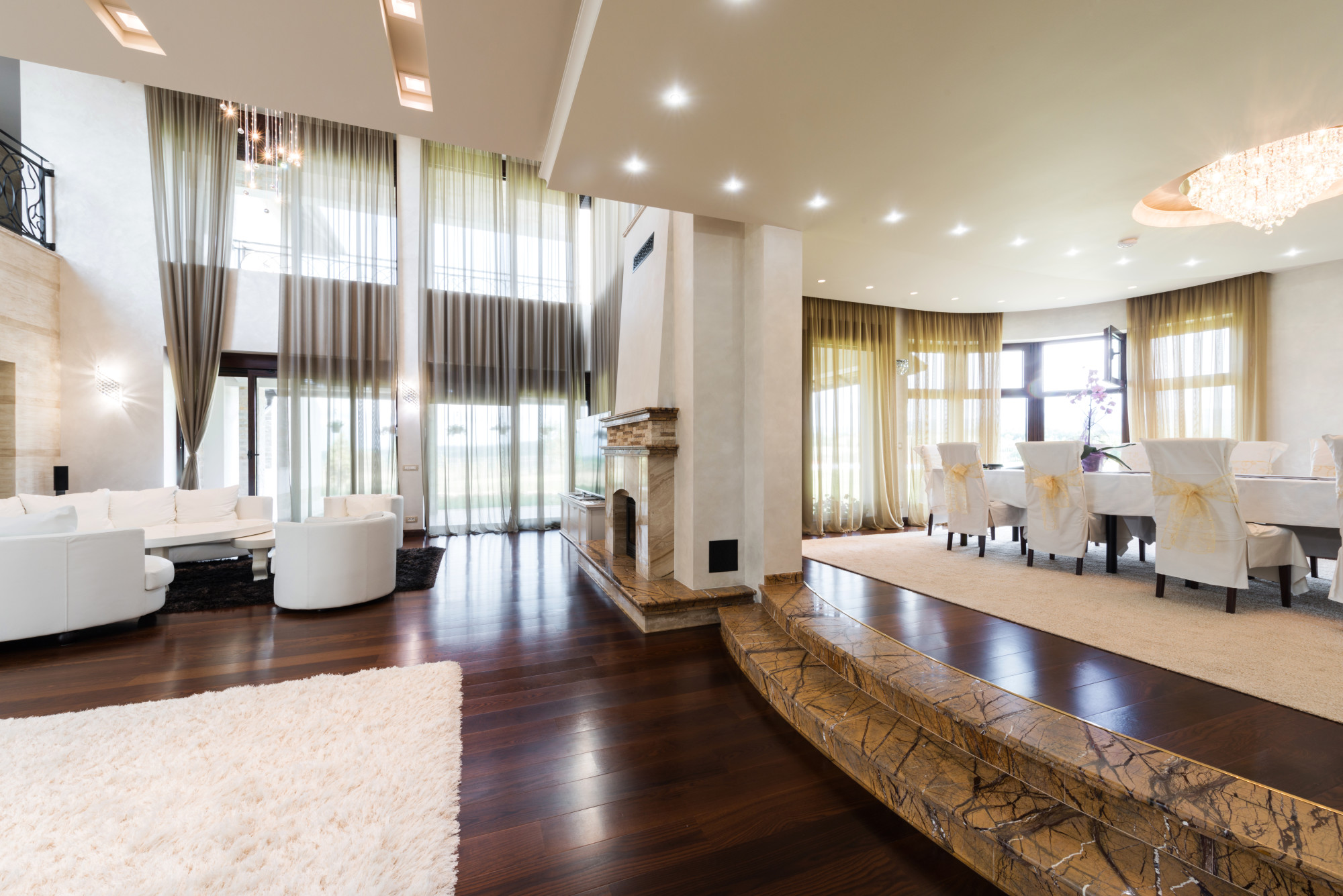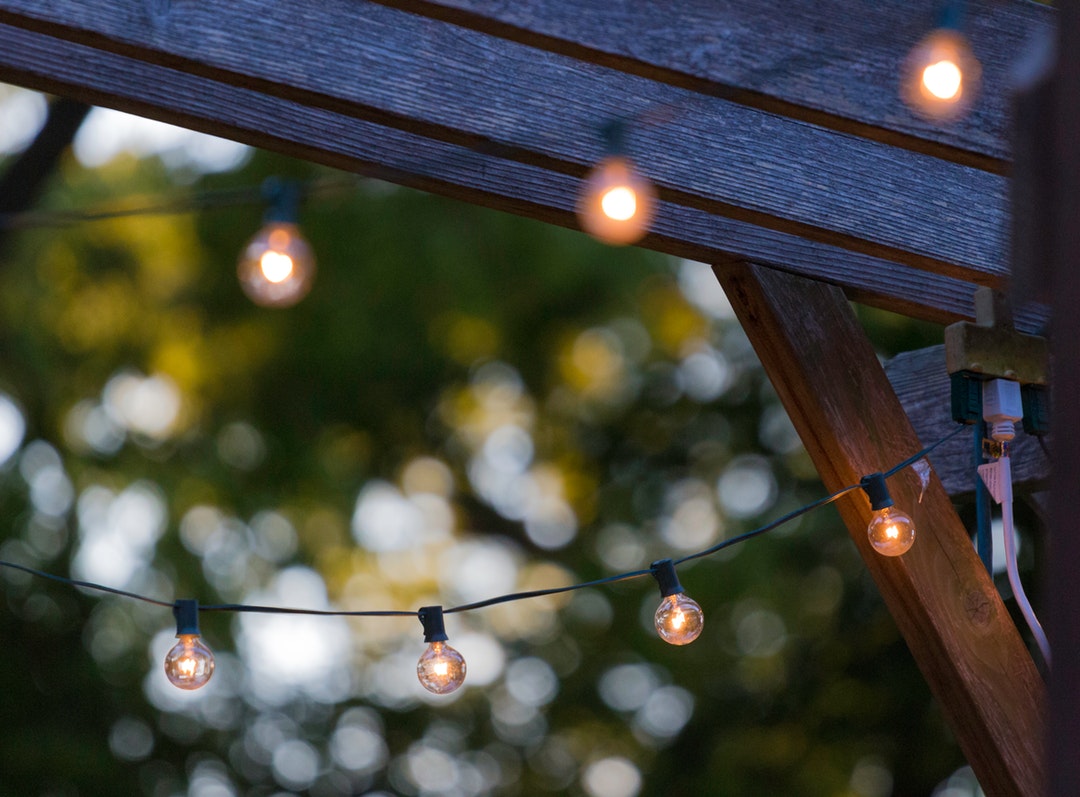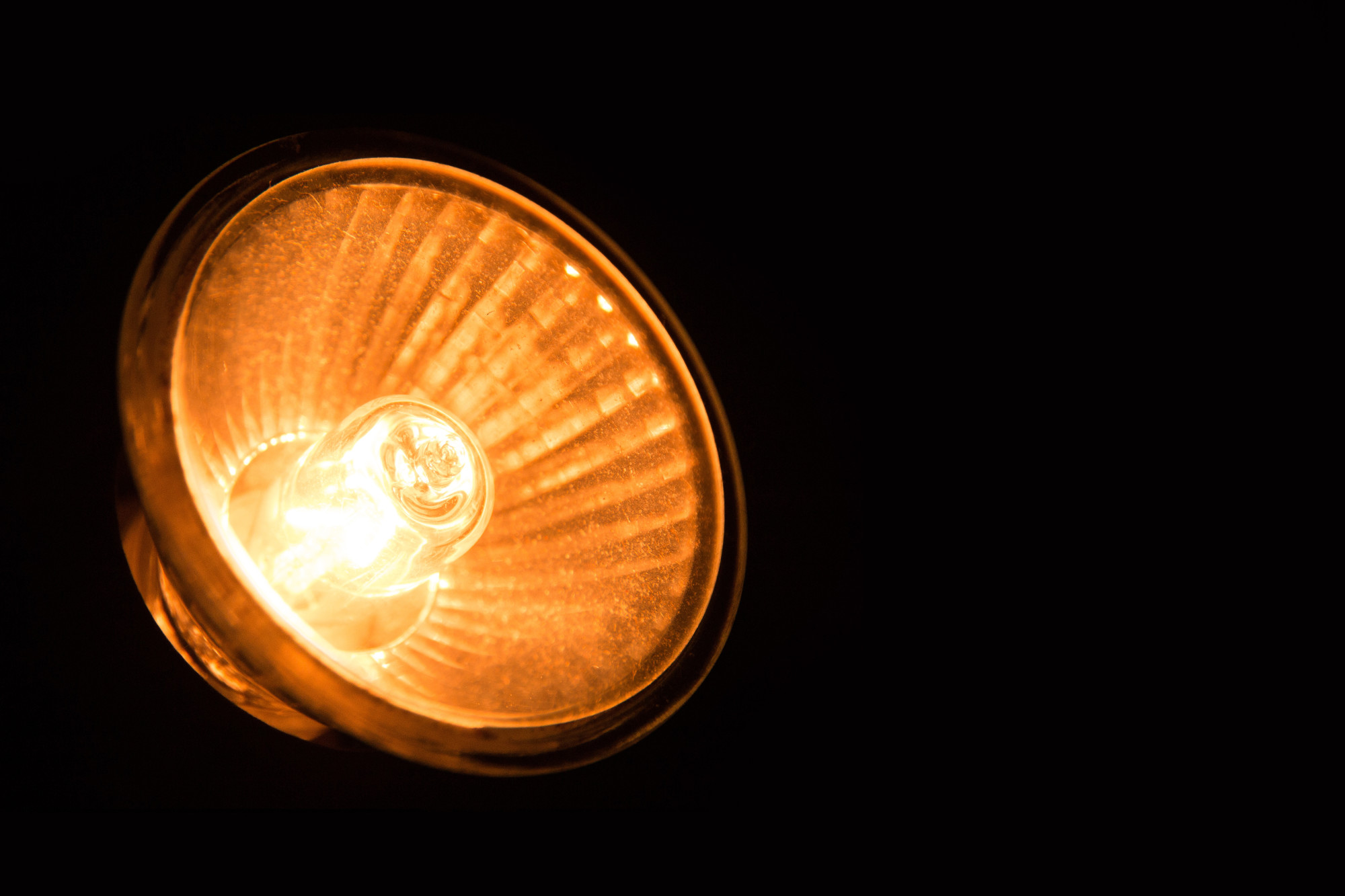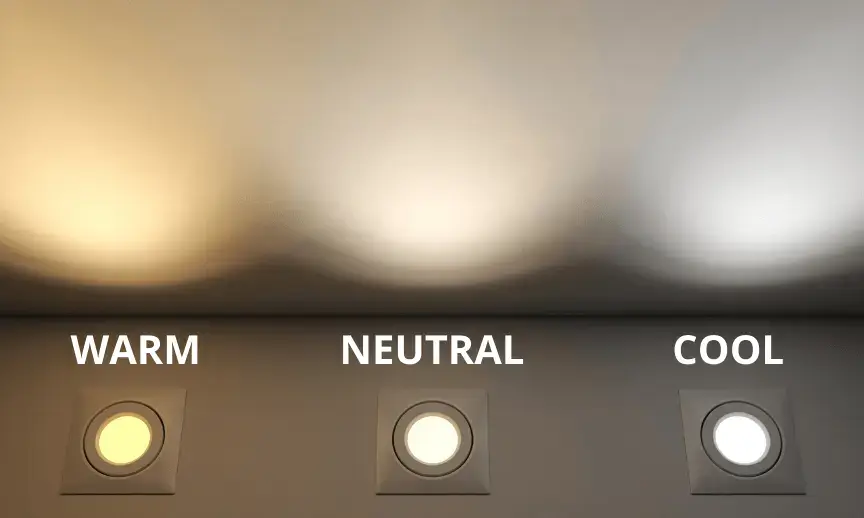Category: Lighting 101
-

Bronze vs Brass: What Is the Difference?
We live in an age of convenience. If you need lighting fixtures, plumbing supplies, or other household materials, it’s easy to find them. Still, perhaps you’re curious to learn more about some of these materials, especially for lighting. If you’re interested in the differences between bronze vs brass, you’ve come to just the right article. Detailed…
-

What are Wall Packs & Where are They Used?
By 2024 the LED lighting market is estimated to be worth roughly $112 billion. With such a rapidly growing market, how efficient are exterior lights? Many people are unfamiliar with the term ‘wall pack lights‘ and some people have never heard of them before. If you haven’t then don’t worry because in a moment we’re going to cover…
-

5 Tips for Buying the Right Recessed Lighting
Did you know that the number of home updates Americans make has increased by 17% recently? With more people looking for ways to spruce up their homes, there’s never been a better time to jump in. And refreshing the lights in your home is a great place to start. Read on to learn the top five tips…
-

A19 Bulb vs E26 Bulb – What’s the Difference?
If you are looking to light up your world, it all starts with the right light bulb. Light bulbs have a $2 billion market size, which is a clear example of just how many different options there are that you can choose from. Understanding light bulb size, shape, and type will steer you in the right direction…
-

How to Calculate Amperage When Planning A Lighting Installation Project
Are you planning a new commercial lighting installation project? Before you get started, it’s essential that you know how to calculate amperage. This will help you determine if the wires and lighting fixtures you plan on using can handle the amount of current your installation will need. If you have a higher amperage than your…
-

What are Hazardous Area Location Lights?
What are Hazardous Area Location Lights? Hazardous area location lights, also known as explosion-proof lights, are lighting fixtures designed to operate in environments that contain flammable gases, liquids, dust or fibers. These hazardous environments pose a risk of explosion, fire or other hazardous events, making it essential to have lights that are specifically designed for…
-

Comparing BR30 LED and BR40 LED Light Bulbs for Downlights
Recent statistics show that over 50% of households in the United States use LED light bulbs for either most of their indoor lighting or all their indoor lighting. The popularity of LED lights is growing because no one can deny how great they are. That is why so many electricians and general contractors are turning to the…
-

What Is Kelvin Color Temperature?
Did you know that the hottest thing in the universe is the surface of a dead star in the Red Spider Nebula which is around 250,000 F? Whatever the case, the temperature is an important thing. What you might not know is that temperature plays a big part even in lighting and the color of…
-

What Are Lumens in Lighting?
How can you change the feel of a room in a second? With the right lighting. A bright, cheerful light can make a room feel happy and inviting. While a softer, more subdued light can make a room feel calm and relaxing. But before you can buy the perfect light bulbs, you’ll need to learn…
-

Soft White vs. Bright White vs. Daylight Bulbs
Before the invention of the light bulb, people resorted to using candles and oil lanterns to create usable and portable illumination. If you didn’t have the financial resources for those options, you’d rely on the fireplace, the moon, or nothing at all. That’s why light bulbs have been one of our most important inventions in…
